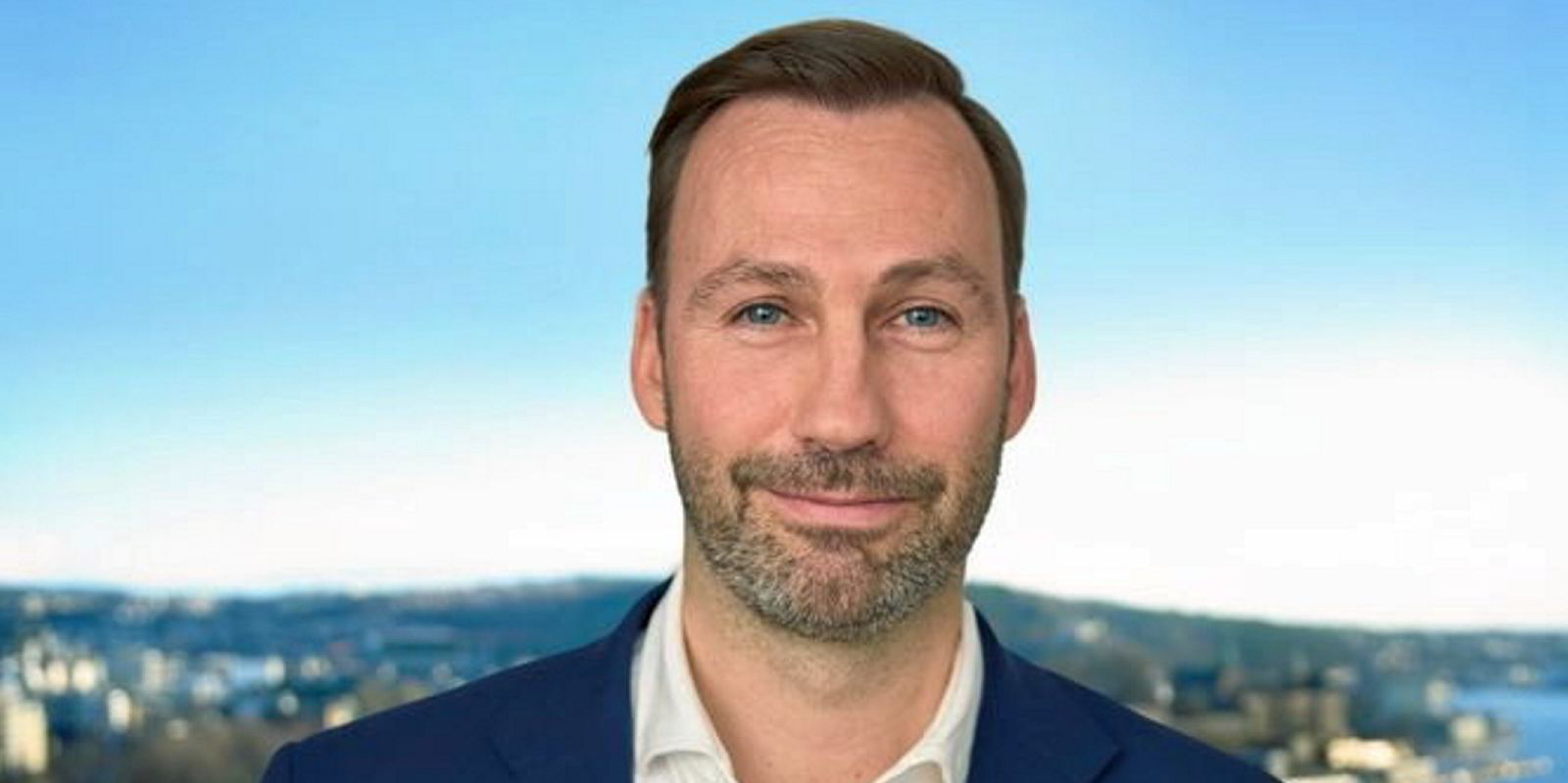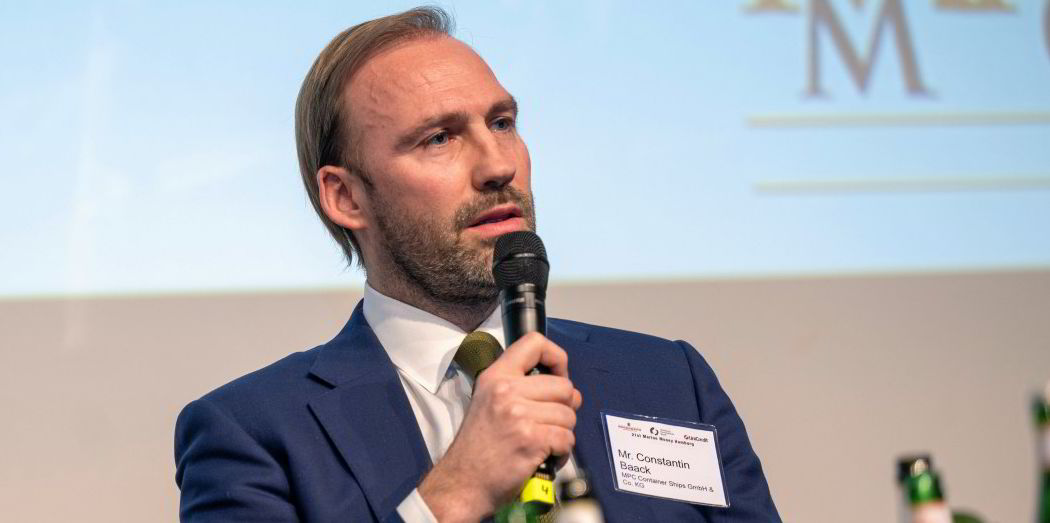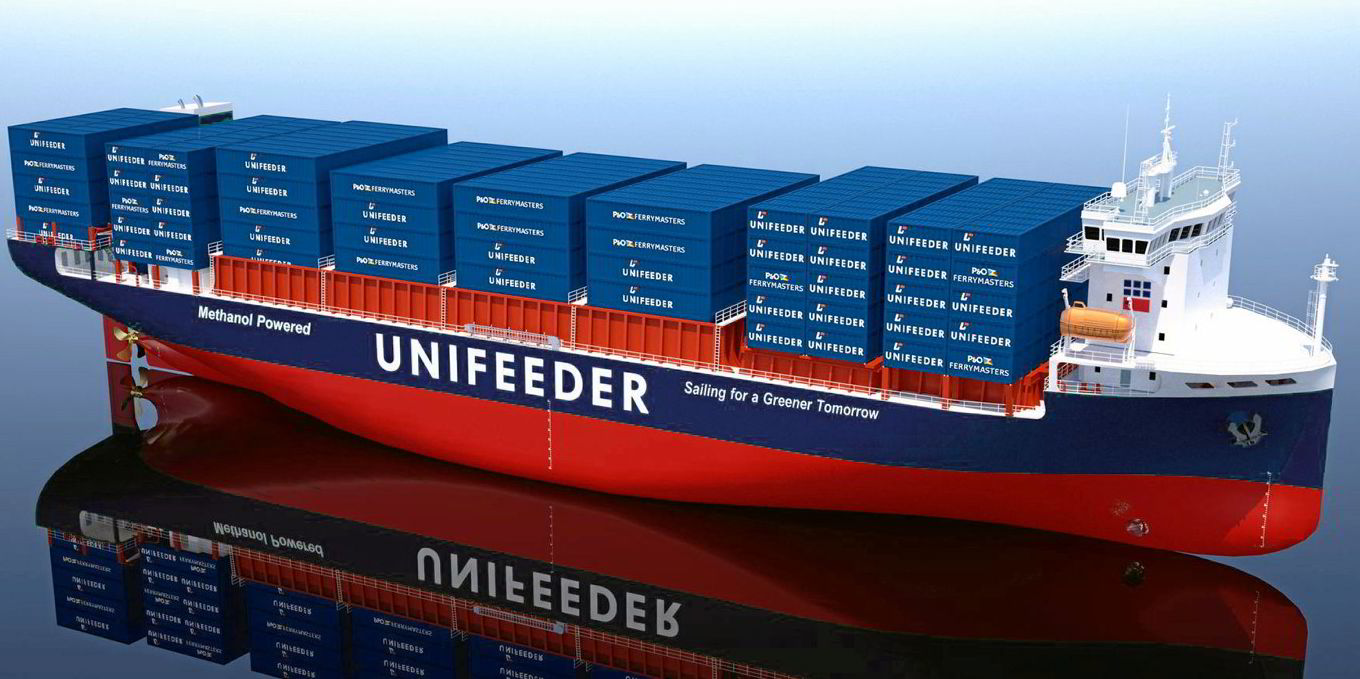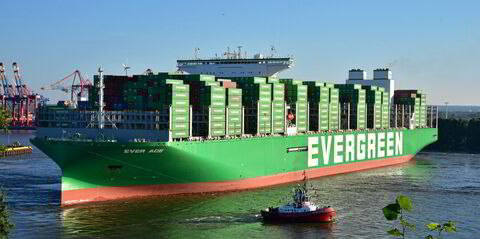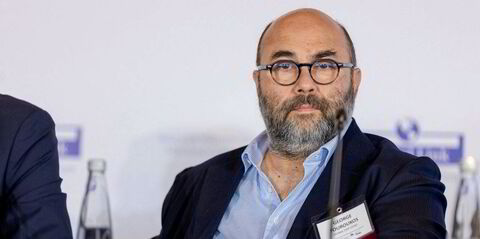The situation in the Red Sea has made markets more volatile for MPC Container Ships.
“It’s a market that is super difficult to predict this year,” said CEO Constantin Baack in an interview at his office in Hamburg.
Clarksons forecasts that the container segment will have an annual fleet growth of 8.5% in 2024. At the same time, Red Sea diversions have increased in teu-miles by 11%.
“I think the market tends to see oversupply for this year, potentially next year,” Baack said.
“But at the same time, we have these disruptions in the supply chain that might be a counterfactor. That is difficult to foresee because we don’t know how long the Red Sea situation will last.”
The Oslo-listed company has stopped passing through the Red Sea since the Houthi attacks began.
“We’re not going there because the health and safety of our crew is more important than anything else. It is completely unjustifiable to risk the lives of people,” Baack said.
“That means our ships have to divert in close cooperation with our charterers.”
MPC Container has a fleet of about 60 vessels including newbuildings. The shipowner focuses on container ships of 1,000 teu to 6,000 teu.
Clients include liner operators such as AP Moller-Maersk, CMA CGM, Hapag-Lloyd and MSC Mediterranean Shipping Company.
Baack said the orderbook for smaller ships, like the ones MPC Container owns, is not ”particularly large”.
“If you look at the market, the next one to two years are difficult to read because of the orderbook that is being delivered,” he said.
“At the same time, the fleet in our segment is fairly old, which should lead to more scrapping.
“I do believe over the next three to five years there will be a bit of a supply crunch in our favour. But the next two years might be a bit choppy waters.”
In connection with its report for the fourth quarter, the company guided for Ebitda of $240m to $280m in 2024, which disappointed the stock market last week, Baack said.
“We don’t factor in that the Red Sea situation will last the whole year.
“The guidance indicates that we will see a weaker second half. But if the Red Sea situation continues, we might see a stronger second half. Then we will probably be in the upper side of the range or even above.
The company also has dry-dockings and retrofits in 2024, resulting in significant technical off-hire times.
In the past years, MPC Container has sold 20 ships with an average age of 17 years.
It has bought 12 ships including newbuildings with an average age of four years.
Recently it sold a vessel to MSC.
“We will continue fleet renewal. We will continue to pay dividends. And we will continue to operate on low leverage. Those are the three principles that we have,” Baack said.
MPC Container currently has five newbuildings on order — two conventional ships, which are methanol-ready, and three dual-fuel methanol vessels.
Baack said methanol is one option for the company.
“The most important thing for us is to be fuel agnostic,” he said.
Decarbonisation is a transition that will take five, 10 or 20 years, Baack said.
“We believe down the road throughout the cargo chain people will be willing to pay a premium for more efficient vessels. Eventually, in the container ship market it’s the consumer who pays a bit more,” he said.
